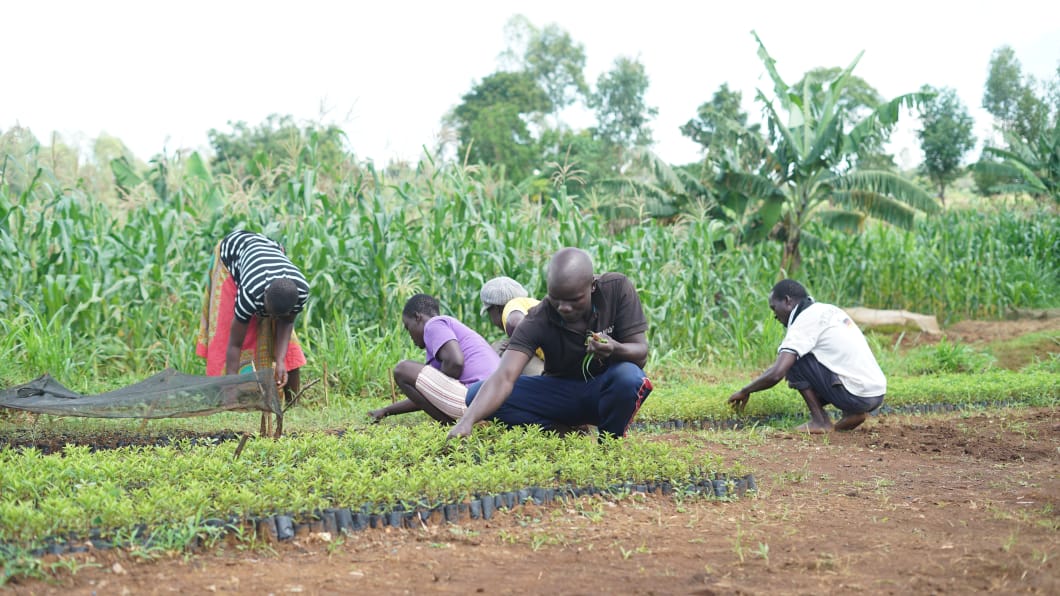An ambitious reforestation project led by local youth has successfully planted over 10,000 indigenous trees along the degraded Awach River watershed, marking a significant milestone in CISS's environmental conservation efforts.
The initiative, launched in partnership with the County Government of Kisumu and local schools, has mobilized over 200 young people aged 14-24 who have committed to restoring the ecological balance of an area severely affected by deforestation and soil erosion.
"When we started, this hillside was completely bare, and during the rainy season, flash floods would destroy crops and sometimes even homes," explains Joseph Odhiambo, a 19-year-old volunteer coordinator. "Now, just eight months later, we can already see the difference as the young trees help retain soil and water."
The project goes beyond mere tree planting by incorporating a comprehensive environmental education program that teaches participants about indigenous species selection, nursery management, and long-term forest conservation. Each youth participant becomes a "guardian" for a section of the restored area, responsible for monitoring growth and preventing damage.
Local elder Mzee Owino, who has lived in the area for over 70 years, notes the community-wide impact: "We're already seeing springs that had dried up beginning to flow again. This brings hope that our grandchildren will know the land as it once was."
The project exemplifies the power of intergenerational collaboration, with elders providing traditional ecological knowledge about native species and youth contributing energy and technological innovation—including a mobile app developed by local students to track tree growth and survival rates.
CISS is documenting this initiative as a replicable model for community-based environmental restoration that could be implemented across other degraded watersheds in the region


Comments (0)
No comments yet. Be the first to comment!
Leave a Comment